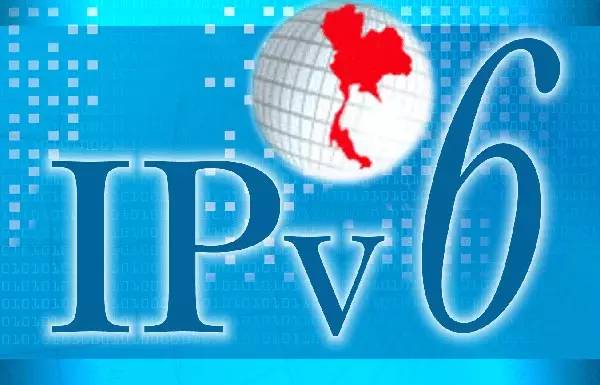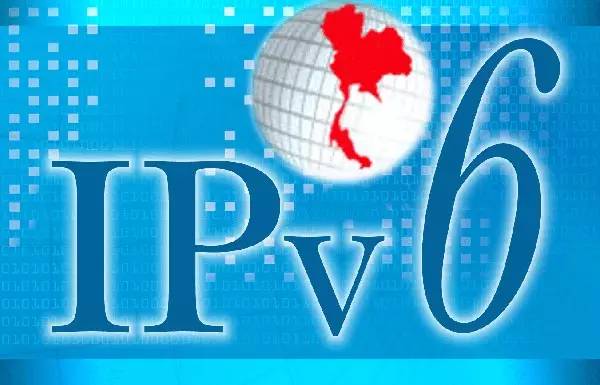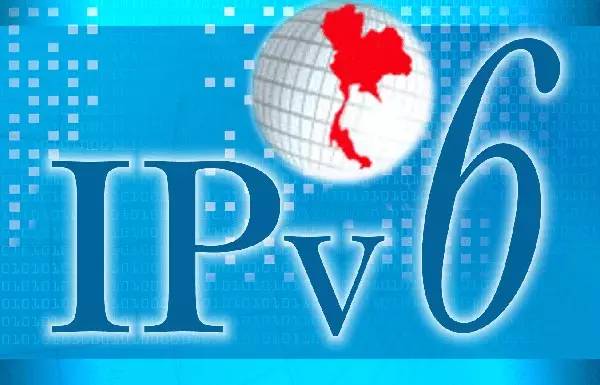Who invented the Internet??
Nowadays, whether we are working or living, it seems we can’t live without the Internet! No matter where we go, we always ask for the WIFI password first! Have you ever thought about who invented the Internet??
Tim Berners-Lee
(Born in 1955 in the UK) is the inventor of the World Wide Web, the father of the Internet.
In March 1989, he officially proposed the concept of the World Wide Web, and on December 25, 1990, he developed the world’s first web browser at CERN in Geneva. He is the founder of the World Wide Web Consortium, which focuses on the development of the World Wide Web. His greatest achievement is promoting the idea of a free World Wide Web to the world. If he had applied for a patent after inventing the Internet, he would be the richest person in the world!
Dr. Vinton G. Cerf
One of the co-designers of the Internet’s fundamental protocol—TCP/IP and Internet architecture, Google’s global vice president, and one of the founding fathers of the Internet.
In November 2005, President George W. Bush awarded the Presidential Medal of Freedom to Kahn and Dr. Cerf, the highest civilian honor given by the U.S. government to its citizens.
What is WWW?
WWW stands for the World Wide Web, which is also referred to as “Web”, “WWW”, or “W3”. In Chinese, it is known as “万维网” or “环球网”, often abbreviated as Web.
What is HTTP?
HyperText Transfer Protocol (HTTP) is the most widely used network protocol on the Internet. All WWW files must comply with this standard.When browsing web pages, the URL entered in the browser’s address bar always starts with “http://”. HTTP defines how information is formatted, how it is transmitted, and how servers and browsers respond to various commands.
The World Internet Conference is a global internet event advocated and hosted by the People’s Republic of China, aimed at building an international platform for connectivity between China and the world and a platform for shared governance of the international Internet, allowing countries to seek consensus amidst disputes, collaborate amidst consensus, and create win-win outcomes amidst cooperation.

The second World Internet Conference was held from December 16 to 18, 2015, in Wuzhen, Tongxiang City, Jiaxing City, Zhejiang Province. The theme of the conference was “Interconnectivity, Shared Governance, and Building a Community of Shared Future in Cyberspace”. The Chinese government attached great importance to this conference, with General Secretary Xi Jinping attending and delivering a keynote speech.
Xi Jinping stated that one cannot seek absolute security for oneself at the expense of other countries’ security, that cyberspace should not become a battleground for countries, and should not become a breeding ground for crime. All countries should work together to prevent crimes such as terrorism, obscenity, drug trafficking, money laundering, and gambling conducted in cyberspace. Whether it is commercial espionage or hacking attacks on government networks, they should be resolutely punished.Xi Jinping noted that violations of personal privacy, intellectual property infringement, and cybercrime occur frequently worldwide, and that cyber surveillance, cyber attacks, and cyber terrorism have become global public hazards. Promoting the reform of the global Internet governance system should adhere to four principles: ① Respect for cyber sovereignty ② Maintaining peace and security ③ Promoting open cooperation ④ Building a good order.
① Accelerating the construction of global network infrastructure to promote interconnectivity;
② Creating a cultural exchange and sharing platform online to promote mutual learning;
③ Promoting innovative development of the network economy to achieve common prosperity;
④ Ensuring network security to promote orderly development;
⑤ Building an Internet governance system to promote fairness and justice.
On December 16, the second World Internet Conference Wuzhen Summit, themed “Interconnectivity, Shared Governance: Building a Community of Shared Future in Cyberspace” opened in Wuzhen, Zhejiang. Technologies such as Pre 5G technology exploring the evolution path of 5G, Internet of Vehicles technology applicable to autonomous driving, and Internet+ open platforms supporting “mass entrepreneurship and innovation” were showcased.
Additionally, in the “13th Five-Year Plan” proposal, China has clearly proposed to layout the next generation of the Internet in advance, which has become a focus of media attention at this Wuzhen summit.
What is the Next Generation Internet?
The Next Generation Internet refers to a new generation of the Internet that is different from the current one. It uses the IPv6 address protocol and adopts a 128-bit encoding method, which makes Internet address resources very abundant; any device can become a network terminal.
The first generation of the Internet currently in use is based on the IPv4 protocol, which can provide about 4 billion IP addresses. With the rapid development of the network, IPv4 addresses have been almost exhausted.

Experts say that the fundamental advantage of IPv6 is a trusted network world. It addresses the current Internet’s inability to know the source of every data, making the network more secure.
“Simply put, having an IP address is essential for the sustainable development of the Internet,” said Zhao Huiling, director of the Cloud Computing Center of China Telecom. “The Next Generation Internet is an important foundation of the Broadband China strategy and a cornerstone for ensuring the sustainable development of broadband services.”
Implementing the Internet+ action plan, expanding the space for the network economy, implementing the national big data strategy, and promoting actions to speed up the network and reduce costs, while planning the Next Generation Internet in advance. Promoting innovation in industry organization, business models, supply chains, and logistics chains, and supporting various innovations based on the Internet. Experts believe that China already has the strength to layout the Next Generation Internet in advance, and the future network economy has unlimited new space waiting to be explored.
China Leads in Next Generation Internet Technology Breakthroughs
“Gradually stop using IPv4, fully deploy IPv6, and start using the 21st-century Internet.” This is the call of Vint Cerf, the father of the global Internet, and also the trend of global Next Generation Internet development.
Since the end of the 20th century, developed countries such as the US, Japan, and Europe have successively launched research and experimental plans for the Next Generation Internet, striving to take the initiative in the new round of industrial technology and national economic competition. In this regard, China has already taken the lead.
IPv6 routers are key core devices of the Next Generation Internet.As early as 2000, Professor Zhang Hongke of Beijing Jiaotong University, director of the National Engineering Laboratory for Next Generation Internet Interconnection Devices, led his research team to successfully develop China’s first IPv6 router with independent intellectual property rights and technical performance reaching the world advanced level, effectively solving the future Internet system and mechanism issues. He has obtained 58 domestic and foreign invention patent authorizations and registered 16 software copyrights, and has led the formulation of core international standards such as IEEE1888 and 1888.2 based on the concept of “point identification”, taking the lead in constructing the blueprint for the future Internet.
Thousandfold Network Speed Opens Infinite Space
In terms of speed, the Internet based on IPv6 is over 1000 times faster than the current Internet. Zhang Jianning, secretary-general of the Next Generation Internet Industry Alliance in Zhongguancun, believes that this will change many traditional manufacturing processes in the next five years, directly becoming an important part of the industrial ecological chain.
Zhang Jianning believes that particularly in the field of industrial intelligence, it is worth noting. Unlike Germany’s Industry 4.0, China’s Industry 4.0 will not be limited to the manufacturing sector but will involve the intelligentization of all links in the entire ecological chain—including production, logistics, consumption, and other links. The Next Generation Internet technology has enormous potential for restructuring these elements.

To promote Next Generation Internet work, the competent authorities have already introduced relevant support policies. In May 2015, the “State Council General Office’s Guidance on Accelerating the Construction of High-Speed Broadband Networks and Promoting Network Speed and Cost Reduction” mentioned increasing support and promoting the evolution and upgrading to the Next Generation Internet. The “Notice on the Promotion Plan for the Integration of Three Networks” issued on September 4, 2015, stated that the network carrying and technological innovation capabilities should be further enhanced, fully supporting IPv6.
China Becomes a Pioneer in 5G Mobile Communication Networks
In the past decade, the Internet industry has followed a clear trajectory, evolving from a traditional Internet centered on computers to a mobile Internet centered on smartphones, and moving towards the future of “people to people, people to things, and things to things” in “all things mobile interconnection.”
Supporting the rapid development of the Internet is the information highway construction foundation laid by the golden 30 years of the Chinese telecommunications industry. We can see another information development context, from dial-up Internet in the 2G communication era, to the booming mobile Internet applications driven by 3G/4G communication era and smart terminals, and in the coming years, the explosive growth brought by 5G communication construction to smart hardware, cloud computing, big data, and other fields.

In addition to achieving technological breakthroughs in global Next Generation Internet research, China will also become one of the first countries to build 5G. The mobile broadband network based on 5G, like other energy and public utilities, has become the foundation on which the entire society and various industries operate. Accelerating 5G research and development will help China maintain a leading advantage in the future data wave competition.
China is Moving Towards Becoming a Strong Internet Nation
General Secretary Xi Jinping pointed out: “Humanity has now entered a historical stage of the Internet era, which is a world trend.”On April 20, 1994, China officially connected to the international Internet through a 64K international dedicated line. After more than 20 years of development, China’s network scale and number of Internet users rank first in the world.
After the 18th National Congress, the establishment of the Central Cybersecurity and Informatization Leading Group has brought a new top-level design for Internet development, with Broadband China rising to a national strategy. In the recently concluded Fifth Plenary Session of the 18th Central Committee, the strategy for building a strong network nation was included in the 13th Five-Year Plan, and the “Internet+” action plan was proposed to develop the sharing economy and implement the national big data strategy.
Academician Wu Hequan of the Chinese Academy of Engineering said: “China has rapidly risen to become a major Internet power and is moving towards becoming a strong Internet nation.”
(Source: CCTV News, Internet)